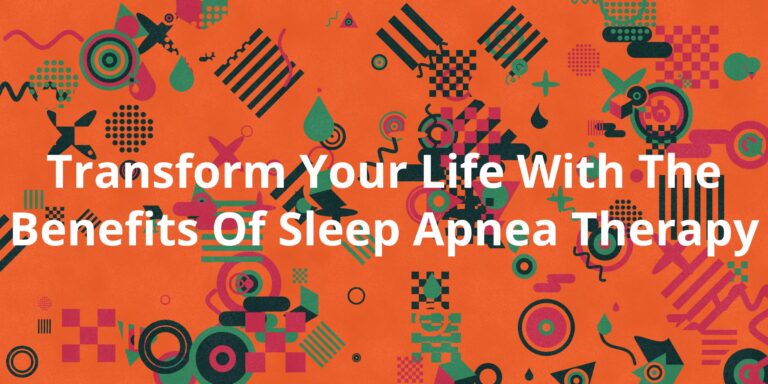Sleep apnea is a sleep disorder that affects millions of people worldwide. It occurs when the airway narrows or collapses during sleep, causing breathing difficulties and intermittent oxygen deprivation. While many people with sleep apnea experience symptoms such as loud snoring, gasping for breath, and daytime drowsiness, the psychological impact of this condition can be just as significant.
One of the most common psychological effects of sleep apnea is increased stress levels. People with sleep apnea often report feeling more irritable and anxious than those without the condition. This can lead to increased stress in their daily lives, which can exacerbate existing mental health issues or even contribute to the development of new ones.
Another psychological impact of sleep apnea is decreased cognitive functioning. Studies have shown that people with sleep apnea tend to perform poorly on tasks that require attention and memory compared to those without the condition. This can affect their ability to work, learn, and make decisions, which can lead to feelings of frustration and isolation.
Sleep apnea can also contribute to depression and anxiety. People with sleep apnea often report feeling more depressed and anxious than those without the condition. This is likely due to the fact that sleep apnea can disrupt the body’s natural circadian rhythm, leading to feelings of fatigue and irritability throughout the day.
In addition to these psychological effects, sleep apnea can also have a significant impact on relationships. People with sleep apnea may struggle to communicate effectively during conversations, which can lead to misunderstandings and conflicts. They may also feel disconnected from their partners due to the loud snoring and other symptoms of the condition.
Despite these challenges, there are many treatments available for sleep apnea that can help alleviate both the physical and psychological symptoms of the condition. Continuous positive airway pressure (CPAP) therapy is a common treatment for sleep apnea that involves wearing a mask or device that delivers pressurized air through the nose to keep the airways open during sleep. Other treatments include weight loss, positional therapy, and oral appliances.
In conclusion, sleep apnea can have significant psychological effects on individuals, including increased stress levels, decreased cognitive functioning, depression, and anxiety. However, with proper treatment and management, many people with sleep apnea are able to improve their quality of life and maintain healthy relationships. If you or someone you know is experiencing symptoms of sleep apnea, it’s important to seek medical attention and explore treatment options to alleviate both the physical and psychological effects of this condition.



